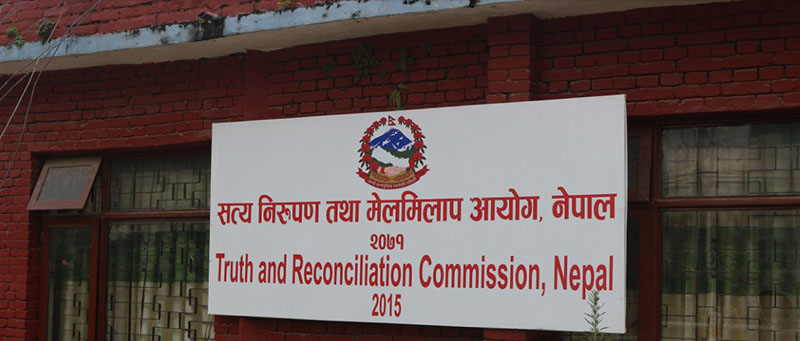Conflict-era sexual violence victims yet to be identified
Bid to identify victims and formulate reparation policies could not be completed as tenure of TRC office bearers ended in Feb
Kathmandu, June 5
Thirteen years after the end of Maoist insurgency, women and girls who suffered sexual violence at the hands of members of security agencies and Maoist combatants during the conflict are yet to get any relief, let alone justice. And this has happened mainly because victims of sexual violence have not yet been identified.
Former member of Truth and Reconciliation Commission Manchala Jha told THT that while the actual number of victims of sexual violence could be much higher, only 322 women and girls lodged complaints at the TRC, claiming to have been raped during the conflict.
“Achham was one of the worst affected districts, but the number of complaints lodged from there was not very high,” Jha said.
She added that fear of stigma could be the main reason behind victims’ unwillingness to come forward with tales of sexual violence.
Jha said TRC’s efforts to identify victims and formulate suitable reparation policies could not be completed as its office bearers’ tenure ended in February.
She said TRC had interviewed some of the victims who said they suffered from health problems, but they were neither given any interim relief nor did they get any medical care. Many victims told TRC office bearers that they wanted jobs for themselves and free education for their children.
Jha said many of the sexual violence victims had lodged complaints at the transitional justice mechanism claiming to be victims of physical and mental torture.
“But if the TRC recorded statements of these victims, many would narrate the real tales of sexual crimes committed against them,” she added.
A female official of an international agency supporting Nepal’s conflict victims said although Nepal enacted a national action plan to implement UNSC Resolution 1325, it was yet to enforce second NAP to implement UNSC Resolution 1820 that talked of ensuring justice for women who suffered sexual violence during conflicts.
She said the government had prepared a draft of the second NAP mainly to address Resolution 1820, but the home ministry, which was supposed to implement the plan, had not yet endorsed it.
She said the government could meet its Resolution 1820 obligations only after identifying victims, apologising to them and paying reparations.
She said victims of sexual violence would get justice only if the current laws were changed to remove the statute of limitation on crimes of sexual violence.
She said sexual violence was committed against women and girls in 62 districts during the conflict but many victims were not willing to come forward due to fear of stigma.
Gender equality expert Bharti Silwal Giri said victims of sexual violence did not get relief or justice because the state had not formally recognised them as conflict victims yet.
Joint Secretary at the home ministry Indu Ghimire said her office got the draft from the Prime Minister’s Office only two months ago and was in the process of consulting provincial and local governments on the draft. She said the draft would be finalised by the Cabinet and not the home ministry. When asked how the NAP intended to address the issue, Ghimire said, “This issue will be finalsied only after concluding all consultations,” she added.






